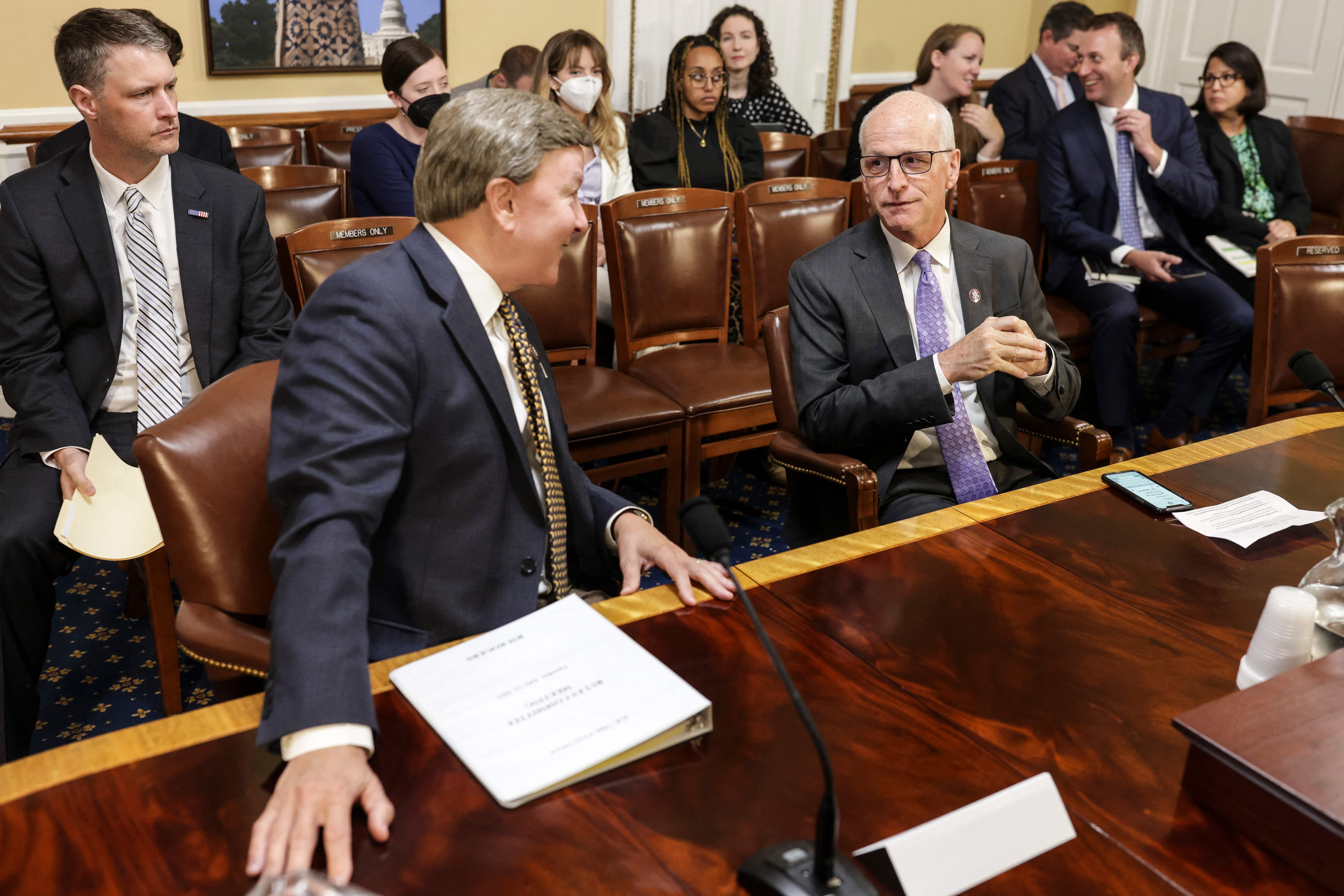Major changes coming to military retirement benefits that would mainly affect future troops are relatively straightforward and no longer controversial, but other moves, such as further planned cuts in troops' housing allowances and potential increases in out-of-pocket health care costs, should get further consideration, one senator says.
The military retirement changes that have gained consensus support — essentially replacing the current 20-year, all-or-nothing system for future recruits with a 401(k)-style model that would give virtually all troops at least some cash when they leave service — are not that difficult to grasp, said Sen. Tim Kaine, D-Virginia.
But other changes, particularly a plan already in motion to shave Basic Allowance for Housing rates by 5 percentage points over several years, are far less widely understood and should get more scrutiny next year, Kaine said.
"If that housing allowance is being used for other things, should we contemplate having better military child care [programs], or are there other things we should do?" Kaine asked at a breakfast meeting with reporters in Washington, D.C., on Thursday.
Congress has approved a Defense Department request to reduce BAH over the next few years from its traditional level of covering 100 percent of troops' average off-base housing costs to a level covering only 95 percent.
Additionally, the reforms aim to eliminate a longstanding policy under which dual-military couples could draw two BAH payments, reducing such couples to a single housing allowance payment.
Kaine said he thinks DoD's BAH recommendations are "generally sound" thus far, but he is aware that military families and top Pentagon leaders have expressed concerns, especially on the issue of BAH for dual-military couples.
"When faced with such a significant penalty for marrying another military member, the unintended consequence would be one of those service members would most likely leave the service," Sergeant Major of the Army Daniel A. Dailey and six other military enlisted leaders wrote in a joint letter to Congress in July. "At a time when we are working to recruit more women and open more options for women to serve, this provision unnecessarily challenges our efforts to accomplish this goal."
The White House also finds that move untenable, saying it would create a "significant marriage penalty" among the 40,000 or so service members married to other service members.
Kaine also said health care reform was not on the table in discussions of the 2016 National Defense Authorization Act because of the complexity of gauging the effect of cost-saving measures on quality of care for troops and their families.
"The reason we didn't do this in this (authorization bill) is because it is so significant and it is going to take some time to look at," Kaine said.
The compensation commission called for a major overhaul to military health care that included dumping Tricare, realigning medical commands and better integrating Defense Department care with Veterans Affairs medical offerings.
For now, Kaine said, the military retirement reform efforts are a step in the right direction to support the priority to "attract and retain the best" people in the military.
He said the new retirement model recommended by the Military Compensation and Retirement Modernization Commission, which currently serving troops will be able to opt into, is a good move that will encourage more people to stay in longer than they otherwise might, secure in the knowledge that they are building some savings for retirement when they leave.
"Shouldn't there be some way to recruit ... for 'partial retirement' along the way?" Kaine said. "Not having that encourages people to leave after four years."










